Home>diy>Building & Construction>What Is A Buyout In Construction


Building & Construction
What Is A Buyout In Construction
Modified: May 6, 2024
Looking to understand what a buyout is in the context of building construction? Learn about the significance and process of buyouts in the construction industry.
(Many of the links in this article redirect to a specific reviewed product. Your purchase of these products through affiliate links helps to generate commission for Storables.com, at no extra cost. Learn more)
Introduction
Welcome to the world of construction, where buildings rise from the ground and dreams take shape. As an industry expert, I am excited to delve into the topic of buyouts in construction and share my knowledge with you. In this article, we will explore what a buyout in the construction industry entails, its benefits and disadvantages, and important considerations to keep in mind during the process.
When it comes to construction projects, collaboration and teamwork are crucial. Buyouts play a significant role in this process, as they involve the selection and hiring of subcontractors and suppliers for specific tasks or components of a building project. Understanding the intricacies of buyouts can help project managers, developers, and contractors make informed decisions that can positively impact the success of their projects.
From small-scale residential construction to large commercial projects, the buyout process remains a critical component. Whether you’re a construction professional or simply interested in learning more about the industry, this article will provide you with a comprehensive understanding of construction buyouts and their importance.
Throughout the article, I’ll be using my expertise to not only explain the technical aspects of buyouts but also share practical insights and examples from real-world construction scenarios. So, without further ado, let’s dive into the fascinating world of construction buyouts!
Key Takeaways:
- The buyout process in construction involves selecting subcontractors and suppliers, offering benefits such as competitive pricing, specialized expertise, and improved collaboration. However, it also presents challenges like administrative burden and coordination issues.
- Successful construction buyouts require thorough prequalification, clear documentation, transparent communication, and diligent contract review. Real-world examples demonstrate the buyout process’s application in residential, commercial, and infrastructure projects, showcasing its contribution to successful project delivery.
Read more: What Is Pre-Construction In Construction
Definition of a Buyout in Construction
A buyout in the construction industry refers to the process of procuring subcontractors and suppliers for various aspects of a construction project. It involves selecting and contracting with these external entities to perform specific tasks or supply necessary materials and equipment. The goal of a buyout is to assemble a team of qualified and reliable subcontractors and suppliers who can execute their allocated portions of the project efficiently and effectively.
The buyout process typically begins after the initial design and planning stages of a construction project. Once the general contractor has a clear understanding of the project scope, they initiate the buyout process by reaching out to potential subcontractors and suppliers. This involves soliciting bids, evaluating proposals, and negotiating contracts.
During the buyout phase, the general contractor invites subcontractors and suppliers to submit their proposals for the work they are specialized in. These proposals often include details such as cost estimates, schedules, and technical specifications. The general contractor then reviews and compares the proposals to determine the most suitable candidates for each trade or task required.
Once the subcontractors and suppliers are selected, the general contractor enters into contracts with each of them. These contracts outline the scope of work, schedules, deliverables, and other terms and conditions necessary for successful collaboration and completion of the construction project. The buyout process concludes when all the necessary subcontractors and suppliers are onboarded, and work can officially commence.
It is important to note that the buyout process is typically governed by the contract documents established for the construction project. These documents include the project plans, specifications, and any applicable legal requirements. Adhering to these contractual obligations ensures that the construction project progresses smoothly and that everyone involved understands their respective roles and responsibilities.
Overall, a buyout in construction is a strategic and systematic approach to assembling a skilled and dependable team of subcontractors and suppliers. It is a crucial step in the construction process, laying the foundation for successful project execution and ensuring the completion of high-quality projects within the designated time and budget constraints.
Benefits of a Buyout in Construction
The buyout process in construction offers several benefits that contribute to the overall success of a project. Let’s explore some of the key advantages:
- Competitive Pricing: Through the buyout process, general contractors have the opportunity to solicit bids from multiple subcontractors and suppliers. This creates a competitive environment where firms strive to provide the best value for their services. As a result, the general contractor can secure competitive pricing, potentially leading to cost savings for the overall project.
- Access to Specialized Expertise: Construction projects often require specialized skills and knowledge for different trades and tasks. By going through the buyout process, general contractors can connect with subcontractors who specialize in specific areas, ensuring that each aspect of the project is handled by experts in their respective fields. This access to specialized expertise helps maintain high-quality workmanship and results in a finished product that meets or exceeds expectations.
- Improved Collaboration: Integrating subcontractors and suppliers into the project team early on through the buyout process promotes collaboration and communication among all parties. This early engagement allows for a better understanding of the project scope and requirements, enabling more efficient coordination between different trades. When subcontractors and suppliers are involved from the early stages, they become valuable contributors to the project’s success.
- Reduced Risk and Liability: By carefully selecting qualified subcontractors and suppliers, general contractors can mitigate risks associated with poor workmanship or unreliable performance. This reduces the likelihood of costly rework, delays, and potential legal disputes. General contractors can leverage the expertise and track records of subcontractors and suppliers to ensure that the project progresses smoothly and meets all necessary standards and regulations.
- Time and Schedule Management: The buyout process enables general contractors to collaborate with subcontractors and suppliers to establish realistic project schedules and milestones. By involving these parties early on, the general contractor can align everyone’s schedules and synchronize the sequencing of different tasks. This proactive approach to time management helps to minimize delays, optimize productivity, and ensure the timely completion of the construction project.
These benefits highlight the importance and advantages of the buyout process within the construction industry. From cost savings to specialized expertise and improved collaboration, the buyout process can significantly contribute to the success and smooth execution of construction projects.
Disadvantages of a Buyout in Construction
While the buyout process in construction offers numerous benefits, as discussed earlier, it is important to also acknowledge and understand the potential disadvantages. Here are some of the key drawbacks associated with the buyout process:
- Increased Administrative Burden: The buyout process involves extensive administrative tasks such as soliciting bids, evaluating proposals, and negotiating contracts. This can be time-consuming and resource-intensive, requiring dedicated staff or departments to manage the process effectively. It adds to the overall administrative burden of the construction project and may require additional resources or support.
- Potential for Price Variations: Despite efforts to secure competitive pricing through the buyout process, there is still a possibility of unforeseen price variations. Fluctuations in material costs, labor rates, or changes in the project scope can impact the final project cost. General contractors must closely monitor these factors and ensure that any price variations are properly managed to avoid cost overruns.
- Dependency on External Entities: In the buyout process, general contractors rely heavily on subcontractors and suppliers who are external entities. This entails some level of dependency on their performance, reliability, and adherence to project schedules. If any of the subcontractors or suppliers face challenges or fail to meet expectations, it can negatively impact the overall progress and success of the project.
- Coordination and Communication Challenges: While involving multiple subcontractors and suppliers can lead to improved collaboration, it can also present coordination and communication challenges. Each entity may have its own schedule, methods, and priorities, which can create complexity in aligning their work and ensuring seamless integration. Effective project management and communication strategies are crucial to overcome these challenges and maintain a cohesive project workflow.
- Risk Allocation and Responsibility: The buyout process involves distributing various responsibilities and risks among different subcontractors and suppliers. This can lead to potential complexities in determining liability and resolving disputes. Project managers must carefully consider risk allocation and clearly define responsibilities in contracts to ensure accountability and minimize the likelihood of legal issues.
While these disadvantages exist, they are not insurmountable. With proper planning, effective communication, and diligent project management, general contractors can mitigate these challenges and navigate the buyout process successfully.
It is important to weigh the advantages and disadvantages when deciding on the most suitable approach for procurement and collaboration in a construction project. Every project is unique, and the decision to execute a buyout or explore alternative methods should be based on careful consideration of project requirements, resources, and risk management strategies.
A buyout in construction refers to the process of selecting and contracting with subcontractors and suppliers for the various components of a construction project. It is important to carefully review and compare bids from different vendors to ensure the best value for the project.
Important Considerations in a Construction Buyout
The process of a construction buyout requires careful consideration of various factors to ensure its success. Here are some important considerations that all parties involved should keep in mind:
- Thorough Prequalification: Before initiating the buyout process, it is essential to thoroughly prequalify potential subcontractors and suppliers. This entails evaluating their qualifications, experience, financial stability, and references. By selecting reputable and capable entities, general contractors can reduce the risks associated with poor performance and increase the chances of project success.
- Clear Project Scope and Documentation: To ensure a smooth buyout process, it is crucial to have a clear project scope and detailed documentation. This includes comprehensive project plans, specifications, and any relevant legal requirements. Clear documentation minimizes ambiguity and provides a common understanding of the project, facilitating accurate bid submissions and contracts.
- Transparent Communication: Open and transparent communication is key throughout the buyout process. General contractors should establish clear lines of communication with subcontractors and suppliers to facilitate efficient collaboration and address any concerns or issues promptly. Regular meetings and progress updates help maintain alignment among all parties involved in the project.
- Thorough Contract Review: Contracts play a vital role in the buyout process. It is essential for general contractors to thoroughly review and understand the terms and conditions outlined in the contracts with subcontractors and suppliers. This includes payment terms, project milestones, change order processes, and dispute resolution mechanisms. A well-drafted contract helps to minimize potential conflicts and ensure all parties are aware of their rights and responsibilities.
- Risk Management Strategies: Effective risk management is crucial in construction buyouts. General contractors should identify and assess potential risks associated with subcontractors and suppliers, such as financial instability or performance issues. Implementing risk mitigation measures, such as adequate insurance coverage, performance bonds, or retainage, can provide an added layer of protection and ensure project continuity.
- Continuous Performance Monitoring: Throughout the buyout process, general contractors need to monitor the performance of subcontractors and suppliers. Regular site visits, progress meetings, and quality inspections help ensure that all parties are meeting their contractual obligations and maintaining high standards of workmanship. Promptly addressing any performance issues can help prevent delays and quality deficiencies.
These considerations serve as a foundation for a successful buyout process in construction. By adhering to these best practices, general contractors can mitigate risks, foster collaboration, and lay the groundwork for a successful construction project.
It is important to note that each project may have its own unique considerations and challenges. Therefore, being adaptable and responsive to the specific requirements and circumstances of the project is essential for a successful construction buyout.
Read more: What Is Construction
Examples of Construction Buyouts
To illustrate the concept of construction buyouts, let’s explore a couple of examples from real-world construction scenarios:
- Residential Construction: Imagine a residential construction project where a general contractor is responsible for building multiple houses within a planned community. To ensure efficiency and quality, the general contractor initiates a buyout process to select subcontractors and suppliers for various trades, such as plumbing, electrical work, and framing. Through the buyout process, the general contractor evaluates proposals, selects the most qualified subcontractors and suppliers, and enters into contracts with them. This allows for seamless coordination and collaboration among the different trades, resulting in timely completion of the houses with high-quality craftsmanship.
- Commercial Development: In the case of a large-scale commercial development, the buyout process involves selecting subcontractors and suppliers for various aspects of the project, such as mechanical, electrical, and plumbing (MEP) systems, structural steel, and finishing works. The general contractor solicits bids through a competitive bidding process and scrutinizes the qualifications and past performance of potential subcontractors and suppliers. The selected entities enter into contracts with the general contractor, and their expertise is crucial in delivering a fully functional and aesthetically pleasing commercial building.
- Infrastructure Project: Let’s consider an infrastructure project where a government agency is overseeing the construction of a new highway. The agency utilizes the buyout process to secure qualified subcontractors and suppliers for various components of the project. This includes subcontracts for road paving, bridge construction, traffic signal installation, and the supply of construction materials. By carefully selecting and contracting with the most qualified entities, the agency ensures that the project is executed efficiently, adheres to safety standards, and meets the transportation needs of the community.
These examples highlight how the buyout process is applicable in various construction scenarios, whether it’s residential construction, commercial development, or large-scale infrastructure projects. By leveraging the buyout process, construction professionals can assemble a team of specialized subcontractors and suppliers to execute their specific trades or tasks, ultimately leading to successful project delivery.
It is important to note that the buyout process may differ in complexity and scale depending on the project. However, the underlying principle remains the same – selecting and contracting with qualified subcontractors and suppliers to ensure project success.
Conclusion
In conclusion, the buyout process plays a critical role in the construction industry, enabling general contractors to assemble a skilled team of subcontractors and suppliers to execute specific trades and tasks. Throughout this article, we have explored the definition of a construction buyout, its benefits, disadvantages, important considerations, and provided real-world examples.
By going through the buyout process, general contractors can secure competitive pricing, access specialized expertise, improve collaboration, reduce risk, and effectively manage project schedules. However, it is important to be aware of the potential challenges, such as increased administrative burden, price variations, coordination issues, and allocation of risk.
To ensure a successful construction buyout, thorough prequalification of subcontractors and suppliers, clear documentation of project scope, transparent communication, and diligent contract review are key. Effective risk management and continuous performance monitoring throughout the buyout process help mitigate potential issues and ensure the project’s smooth progression.
Real-world examples have demonstrated the application of the buyout process in residential, commercial, and infrastructure projects, showcasing how it can contribute to the successful delivery of high-quality construction projects.
As the construction industry evolves, the buyout process continues to be a core component of project management. By understanding the intricacies of the buyout process and implementing best practices, construction professionals can make informed decisions, optimize project outcomes, and drive the industry forward.
Whether you are a construction professional or someone with a keen interest in the field, I hope this article has provided valuable insights into the world of construction buyouts. As projects continue to rise, let us leverage the buyout process to construct magnificent structures that shape the world we live in.
Curious about how projects are efficiently managed from start to finish? Our next piece sheds light on the intricate world of construction management. This article offers insights into the roles, strategies, and challenges faced by professionals in the field, ensuring every phase of construction is executed flawlessly. Whether you're a budding builder or a seasoned pro, understanding the dynamics of managing construction activities could greatly benefit your next project.
Frequently Asked Questions about What Is A Buyout In Construction
Was this page helpful?
At Storables.com, we guarantee accurate and reliable information. Our content, validated by Expert Board Contributors, is crafted following stringent Editorial Policies. We're committed to providing you with well-researched, expert-backed insights for all your informational needs.
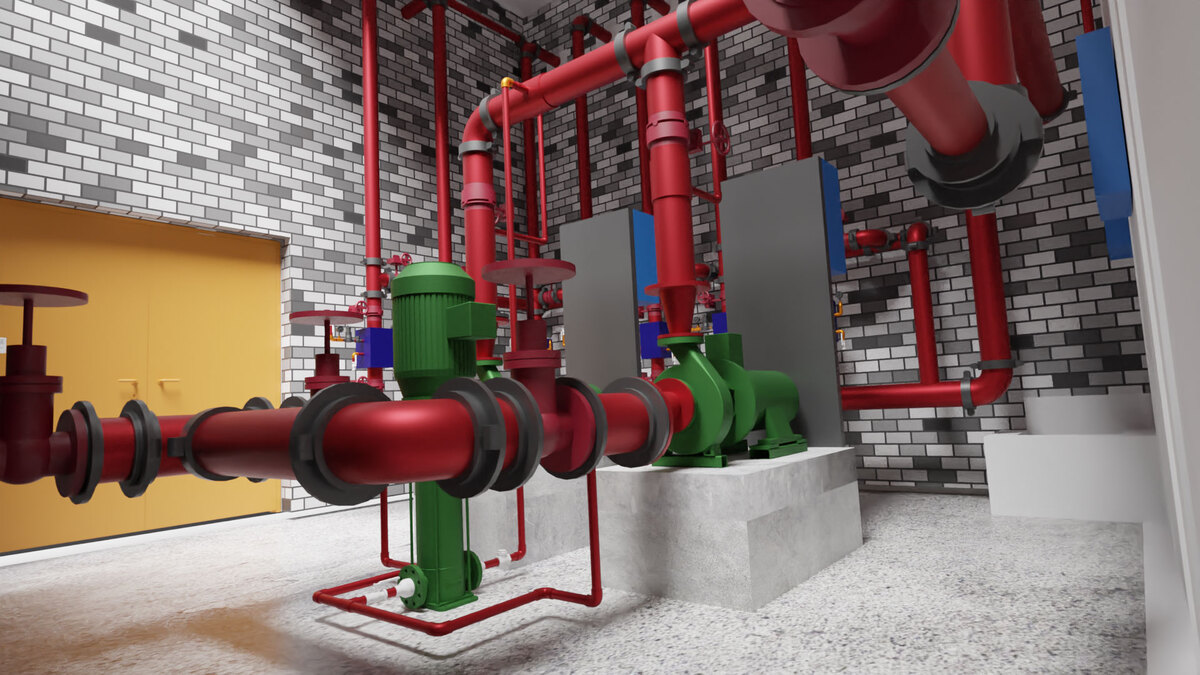

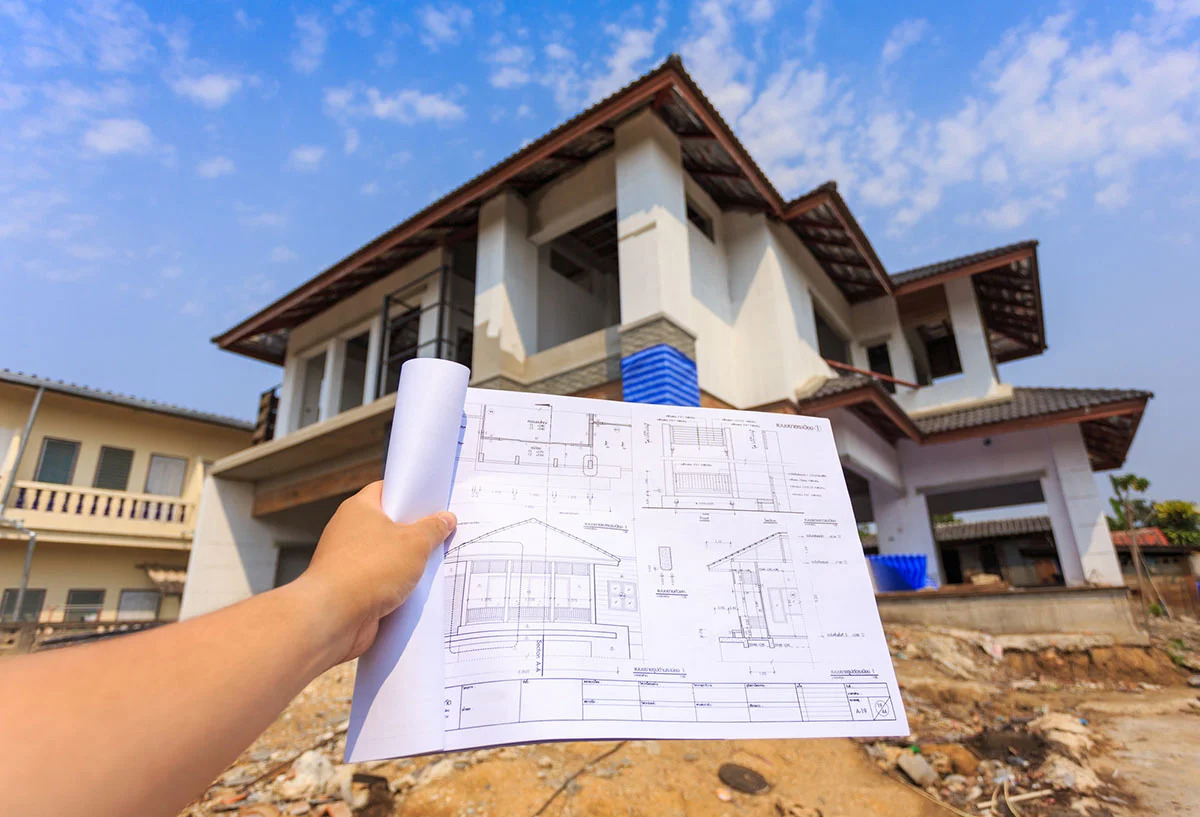

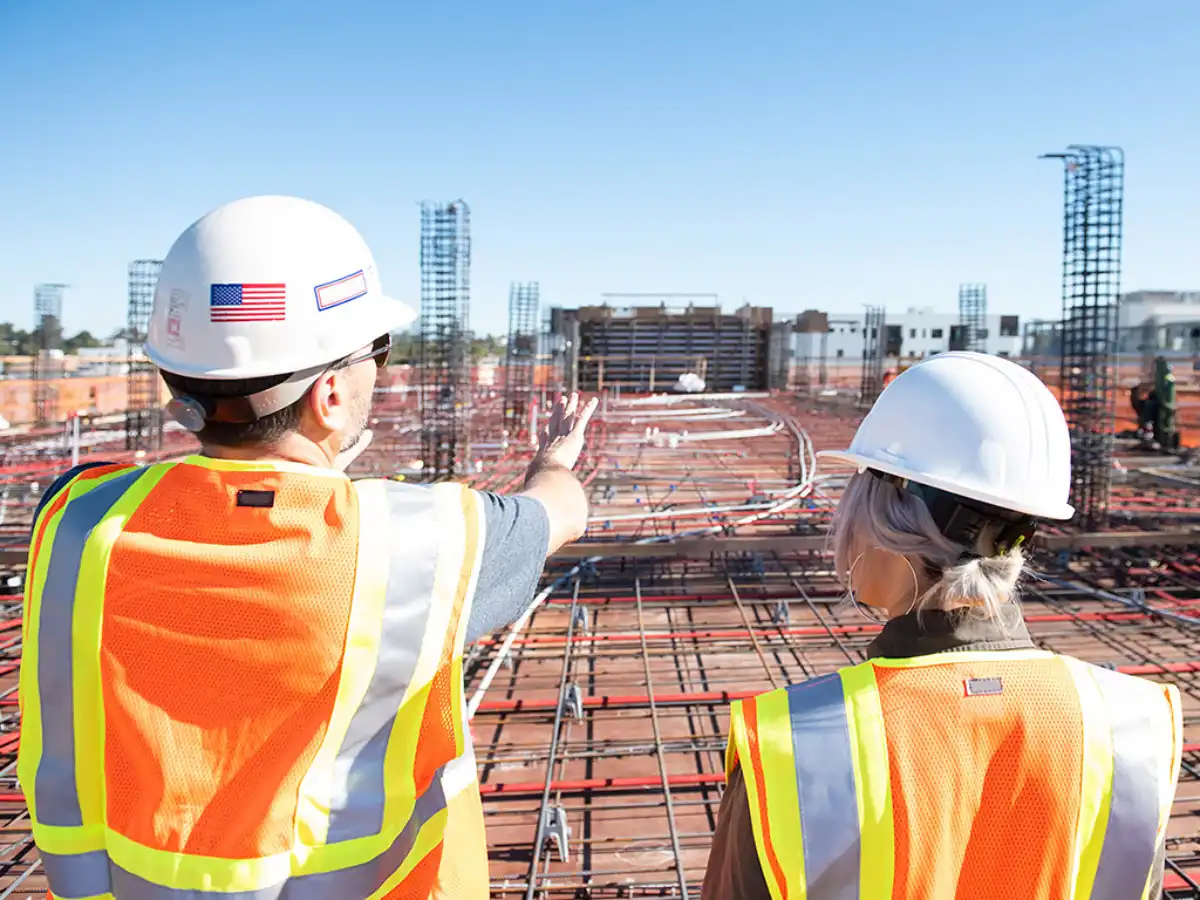
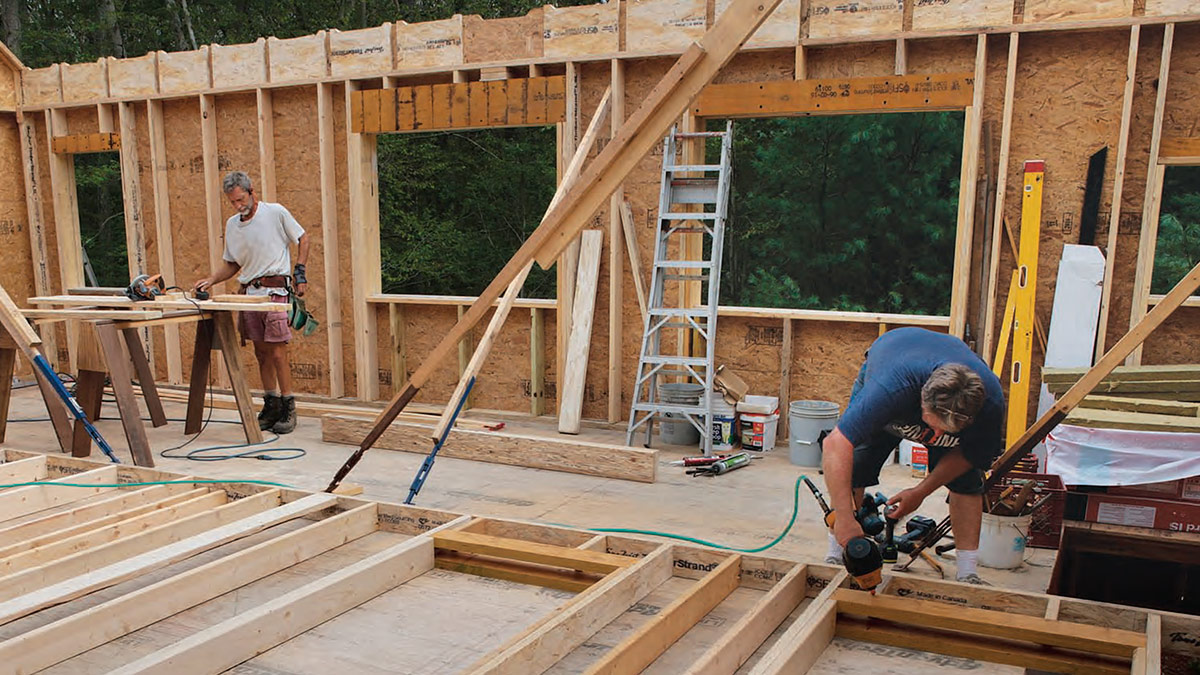


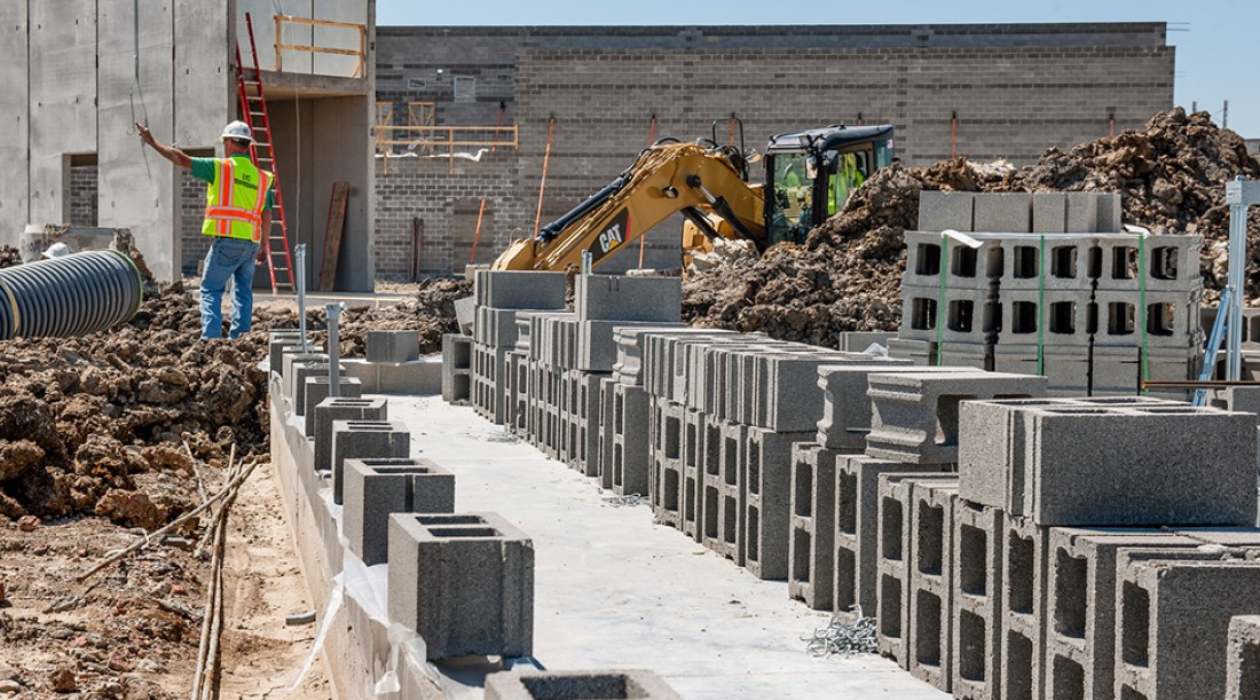


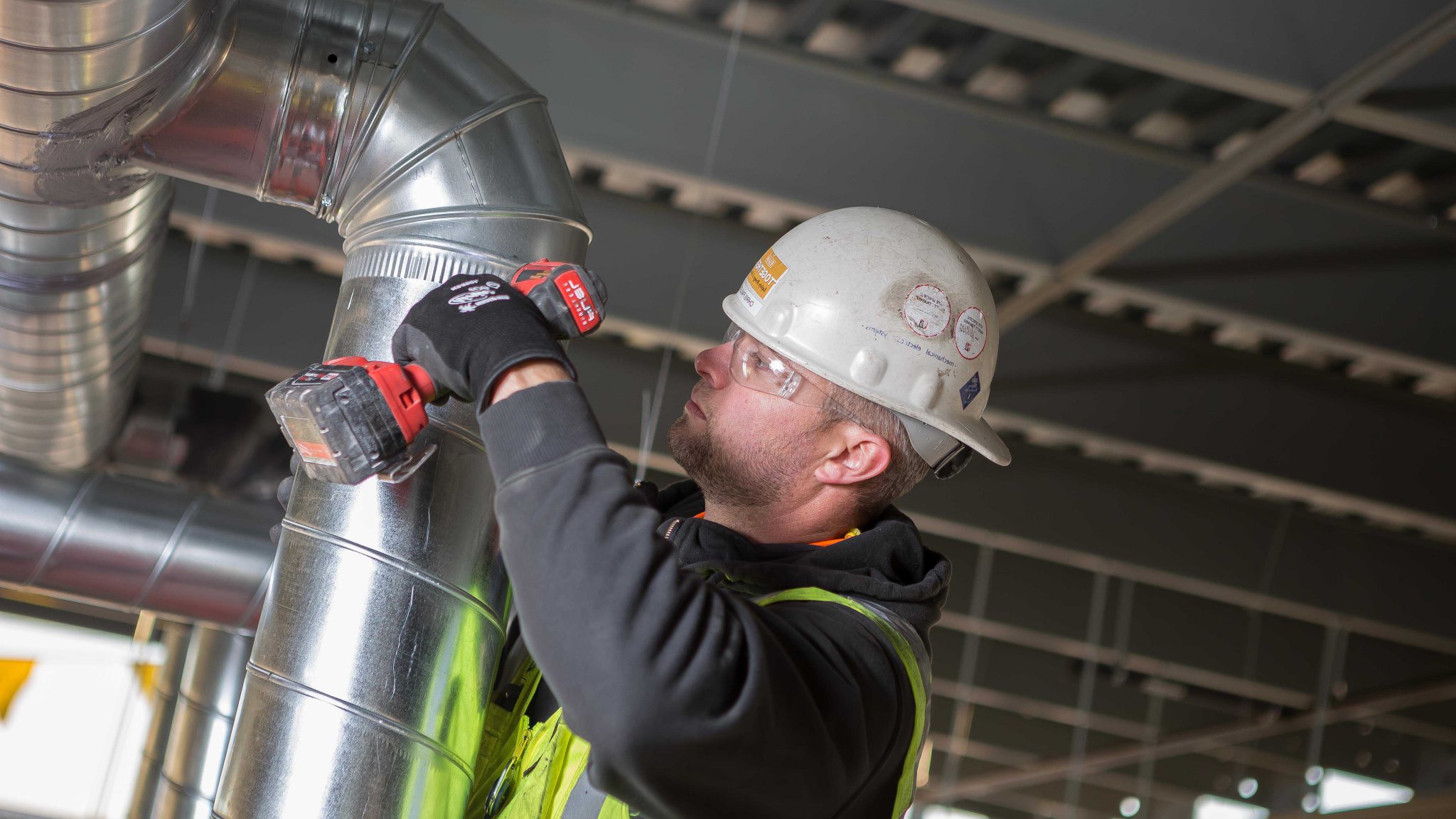
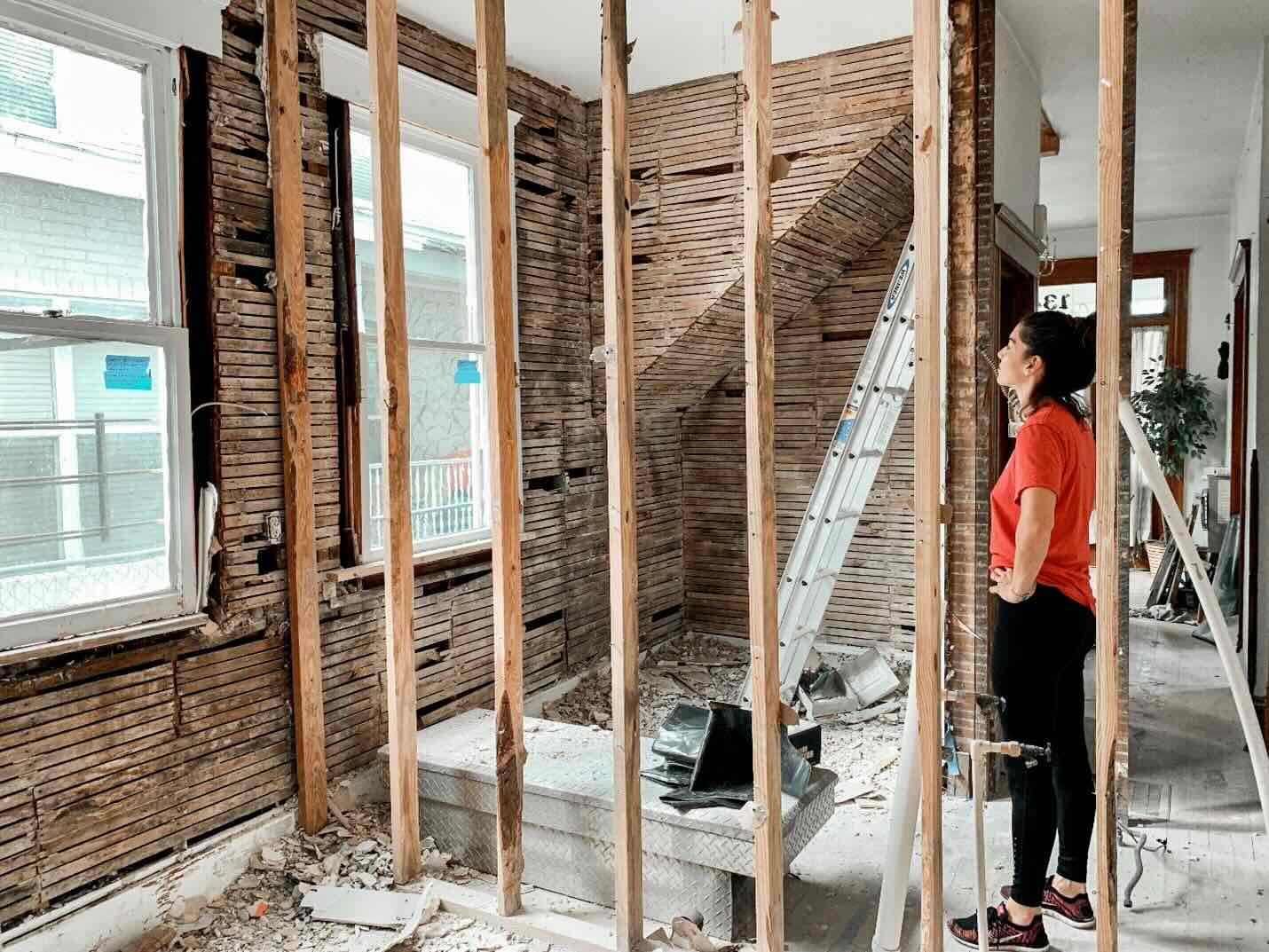


0 thoughts on “What Is A Buyout In Construction”